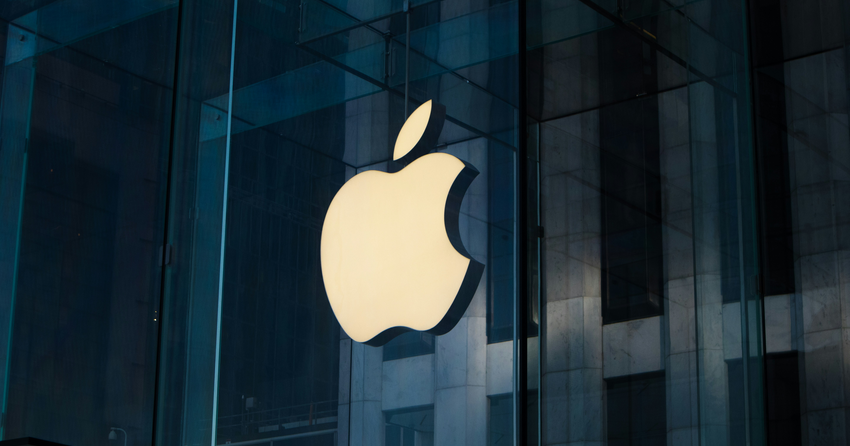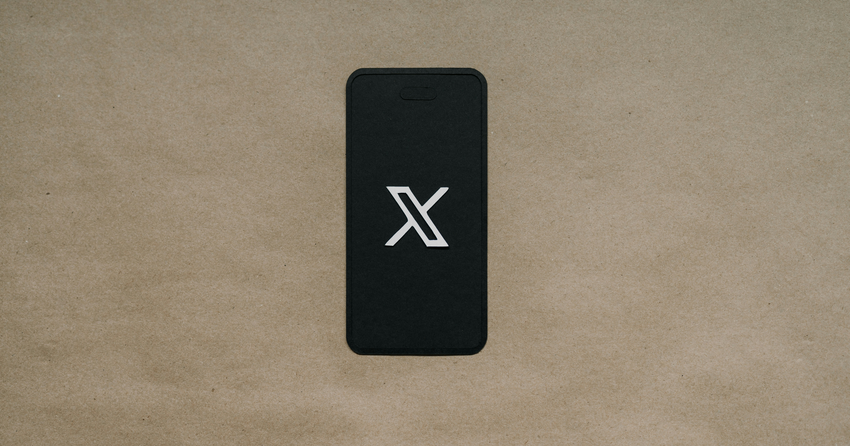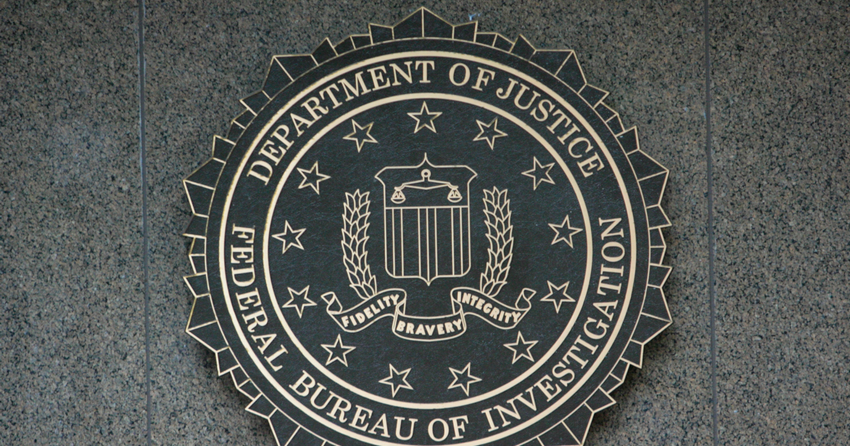
OpenAI Changes EU Terms and Privacy Policy
ChatGPT creator OpenAI has updated its EU terms of use and privacy policy to reduce regulatory risk in the European Union.
For users residing in the European Economic Area (EEA) (excluding the UK) or Switzerland where the General Data Protection Regulation (GDPR) is in force, Dublin-based OpenAI Ireland Limited will act as a controller and responsible entity for the processing of their Personal Data as defined in ChatGPT’s EU privacy policy. The new terms of use will take effect on February 15.
If the Irish Data Protection Commission (DPC) becomes OpenAI’s main supervisor, it would have the power to slow down any GDPR enforcement on rapid AI development, among other things.
On the other hand, the DPC has raised concerns over how it handles its GDPR oversight of tech companies. Critics accuse it of advocating for lower penalties compared to similar regulatory bodies, taking too long to investigate complaints, and making unorthodox choices like steering away from the main issues of the complaints or refusing to investigate them.
OpenAI obtaining main establishment status under the GDPR with the Irish DPC as its primary oversight controller won’t cease any ongoing GDPR probes of ChatGPT, including those by Italian and Polish regulators. The magnitude of their impact on shaping the EU regulation of OpenAI’s chatbot is still unknown.
OpenAI’s updated EU terms and privacy policy include more details on the legal reasons for collecting people’s data, describing them as “necessary for our legitimate interests and those of third parties and broader society,” including for the training and improvements of its AI models.
OpenAI may attempt to present its consentless mass personal data collection as something it does for the benefit of the general public rather than solely for profit. But GDPR strictly defines a set of only six valid legal bases for processing personal data, including consent, performance of a contract, and public interest.
GDPR employs a one-stop-shop (OSS) approach for companies that handle European data, offering privacy oversight under one supervisory lead in an EU Member State. Privacy watchdogs outside the bloc don’t typically have the power to unilaterally act on concerns related to companies that are GDPR compliant.
Instead, they need to direct their complaints to the main controller. If urgent risks arise, some GDPR regulators can intervene locally, but only in exceptional instances. This is the main reason Big Tech finds the GDPR status so appealing.












